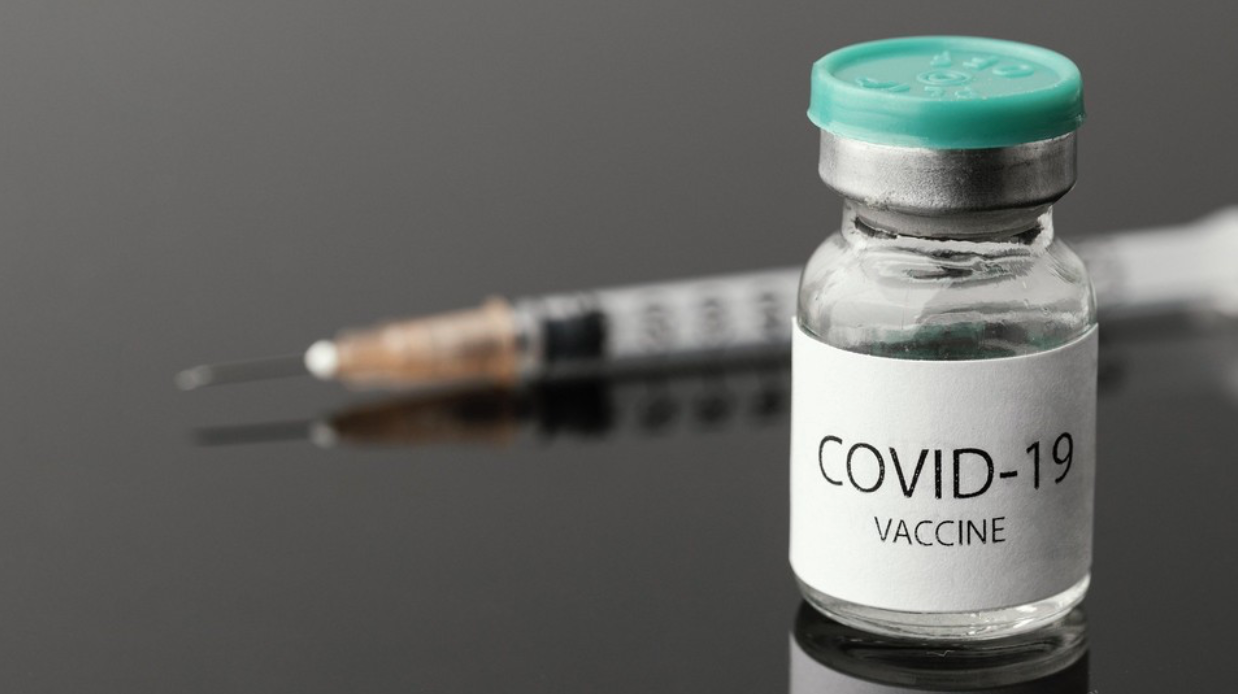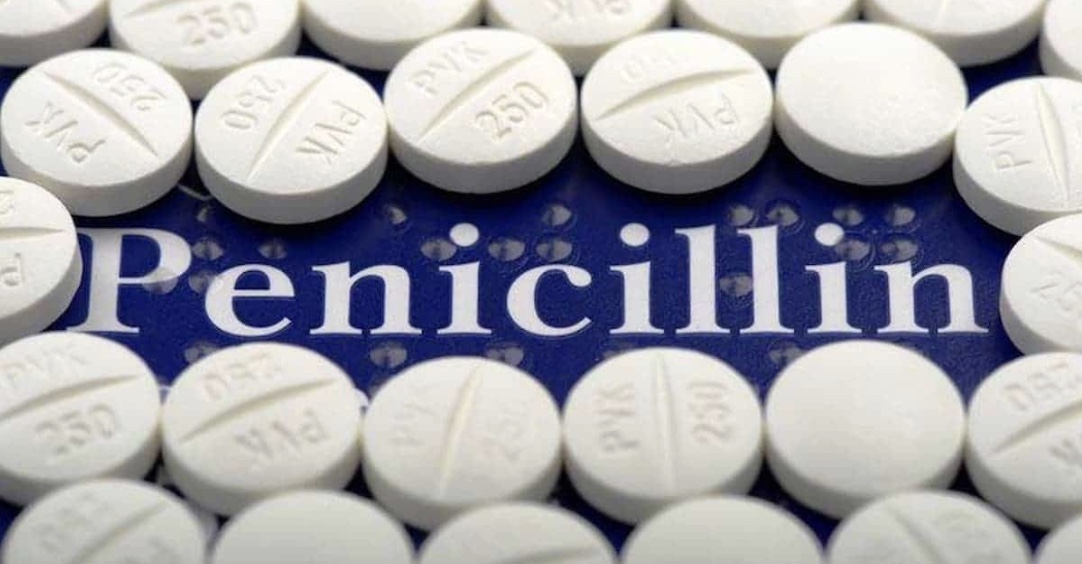The Philippines vaccine preference
Current situation of the coronavirus vaccination in Philippines
Vaccine prospects in the Philippines

[해외 특파원 1기 / 김정욱] After the coronavirus was first found on January 23rd, 2020, according to the Philippines Department of Health (DOH) it was announced that the first infected patient was reported on January 1st. Like most diseases, the development of the vaccine soon began and was first utilised on August 8th, 2020. However, by the fourth quarter of the year, the Philippines had an accumulation of 1,517,903 infected patients and 26,844 patients dead.
After the vaccine was imported from China, the United States of America and many other countries, the Philippines soon started to vaccinate citizens with Sinovac, Pfizer, AstraZeneca. SWS-Social Weather Stations announced a research that was conducted with approximately 1,200 locals. Among the imported vaccines, 63% of Filipino participants preferred America’s vaccine such as Pfizer. The second most preferred vaccine was Sinovac which was 19% and was followed by a Japanese vaccine.
Starting from March 1st, 2020, the Philippines began vaccinating both citizens and foreigners in order to stop COVID19 from spreading. At first, the vaccine was only supplied or sold to the wealthy class secretly; however, by the time the vaccine became more common worldwide, the government announced that it would be provided to all classes in the Philippines. After the announcement, places such as Metro Manila used applications to allow citizens to register for the vaccine. However, despite the Philippines government’s efforts, the majority of people didn’t prefer getting vaccinated as the government did not provide fundamental information such as the type of vaccine one will get. The government stated that the patient could refuse getting the vaccination after checking the vaccine manufacturer on the day of the vaccination, however, this behaviour is discouraged as it may be seen as violating the patient’s right to prior consent.
The Philippines government announced that they are expecting to vaccinate 70 million people by the end of 2021. Nevertheless, most experts and specialists believe that the Philippines will experience difficulties vaccinating 70 million people due to the poor medical facilities as well as the slow vaccination rate. In order for the Philippines government to reach their desired figure, it is essential to keep an eye on the number of infected people, speed of the vaccine supply, efficacy of the vaccine and quarantine management.





